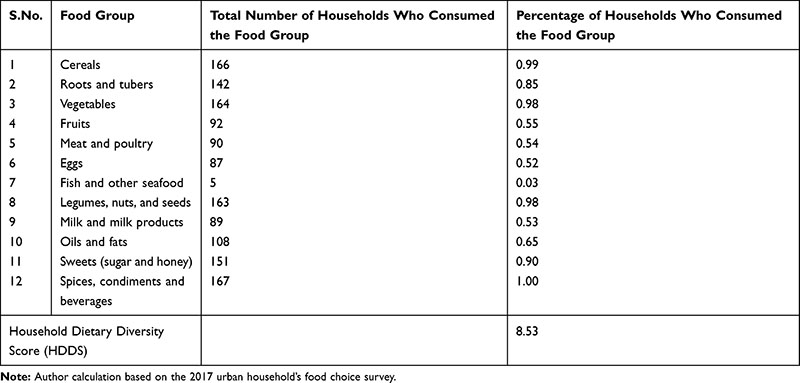Traceable and Reliable Food Supply Chain Through Blockchain-Based Technology in Association with Marginalized Farmers
Sanjukta Ghosh and Sujata Pudale
A reliable and traceable food supply chain is one of the most critical and indispensable aspects of agri-food industry market. Agriculture and food production continues to be the fundamental tool for a nation’s growth and development. It can significantly contribute to reduce poverty and enhance food security in emerging economic countries like India. Food traceability has now been at the core of recent food safety and quality discussions across industry and academia, particularly with new development in blockchain applications. The chapter started with a system-level thinking to Service Design, followed by Integrated Supply Chain Information and Secured blockchain Framework. The system map displayed the elements and their boundaries within the food supply chain framework considering macro-and micro-environmental factors. A secured blockchain framework can be implemented through a collaborative venture with the farmers working at grass root level and primarily contributing to this food production ecosystem.
The Paradox of food production, consumption, poverty and malnutrition in Tanzania: an ecological study design
Published in F1000Research 2022, 11:32
There have been claims amongst nutrition stakeholders in Tanzania that the food basket regions, are the regions most affected by stunting among children. However, this study could not find evidence that combines food production and stunting levels, to substantiate this claim. Therefore, this study aims to compare data on stunting, food production and consumption within administrative regions of the Tanzania mainland. The study found a positive relationship between food production and the prevalence of stunting using data across regions in mainland Tanzania. This is an indication that regional food security may not entail nutrition security, hence a call for more advocacy on nutrition-sensitive agriculture.
The Role of Agriculture and Foreign Remittances in Mitigating Rural Poverty: Empirical Evidence from Pakistan
Published in Risk Management and Healthcare Policy
This study examines the role of the agriculture and foreign remittances in mitigating rural poverty in Pakistan. World agriculture’s main concern is to be able to feed a total population of around 9bn by 2050, and it is gaining the attention of the new world but how agriculture would boost the world economy is still much debated. Lewis’1 dual economy models and widespread economic development in the 1960s and 1970s generally interpreted agriculture as a retrograde unproductive sector, and agricultural resources and labor shifted to the industrial sector and boosted its productivity. Earlier economic development literature fueled the subsidizing of industrialization strategy. This led to biased urban planning development,2 and trade and fiscal systems which overwhelmed the agriculture taxation system.
School meals as a resource for low-income families in three European countries: a comparative case approach
Published in European Societies
In the context of successive global crises and rising household food insecurity in wealthy European countries there is renewed attention to the role of school meals as a welfare intervention. However, little is known about the extent to which school meals are a resource for low-income families living in different contexts. Drawing on a mixed methods study of food in low-income families in three European countries, this paper adopts a realist ontological stance and an embedded case study approach to address this question. The research concerns low-income families with children aged 11–15 years in the aftermath of the 2008 financial crisis in the UK, Portugal and Norway. Based on a comparative, multi-layered analysis of macro-, meso- and micro-level contexts, we argue that publicly funded, nutritious school meals protect children from the direct effects of poverty on their food security, whilst underfunded and weakly regulated school food provision compounds children’s experiences of disadvantage and exclusion.
 Africa
Africa  China
China  Japan
Japan 

